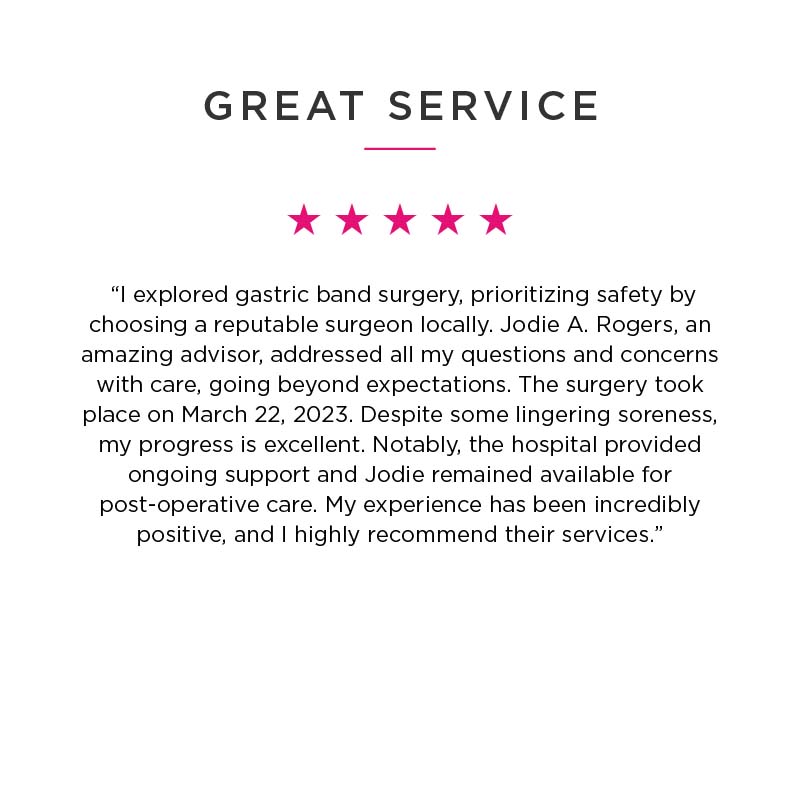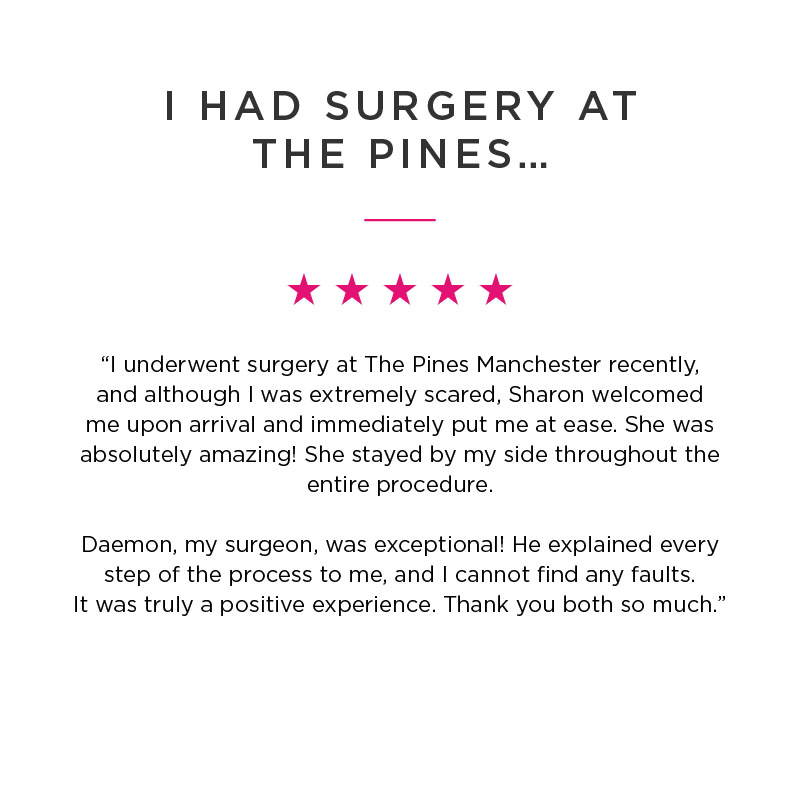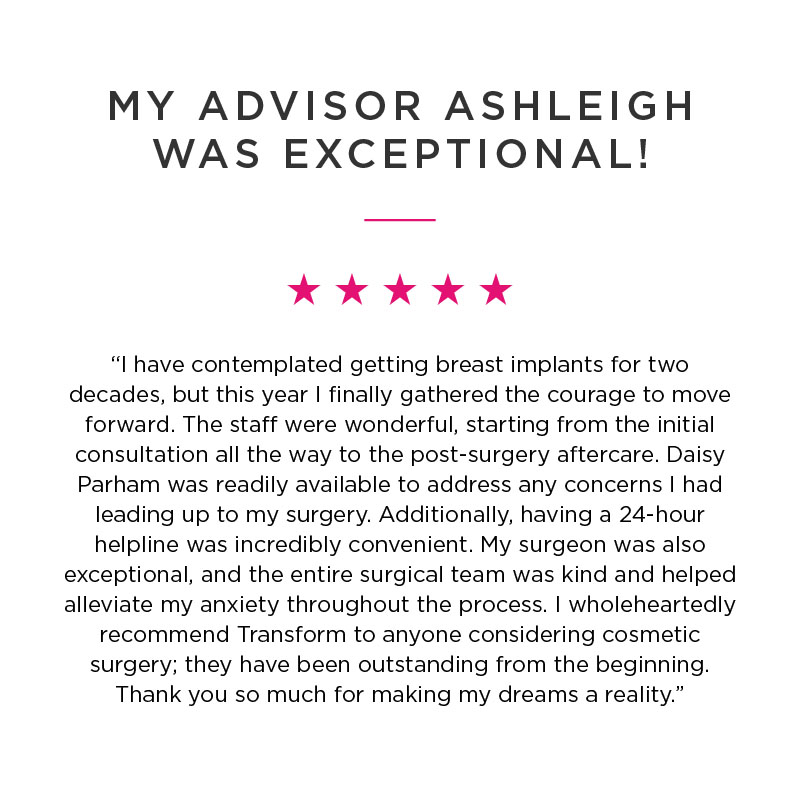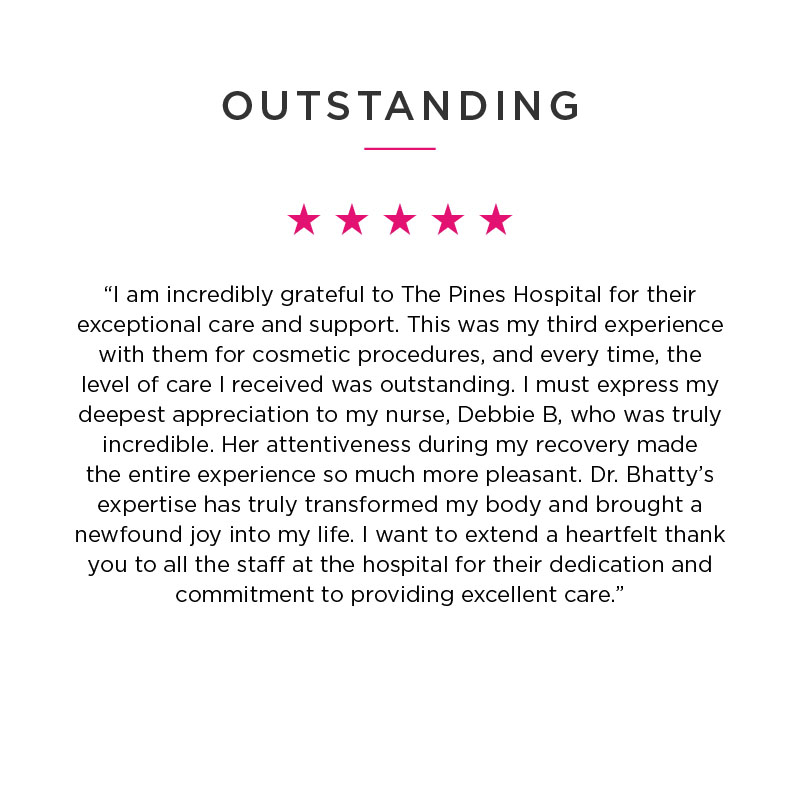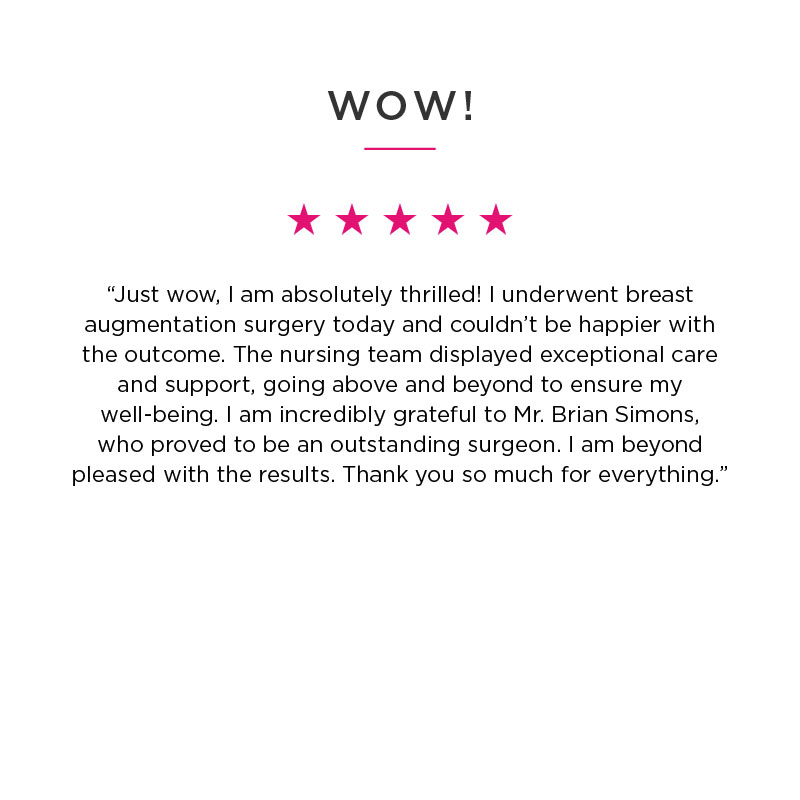Patient Stories
Sarah Davies
Sarah always struggled with poor vision and relied on glasses and contact lenses. She recalls, "Wearing corrective eyewear provided temporary relief, but deep down, I knew it wasn't a permanent solution. I felt hindered by my dependence on them, and it affected my confidence and social interactions"
Explore






